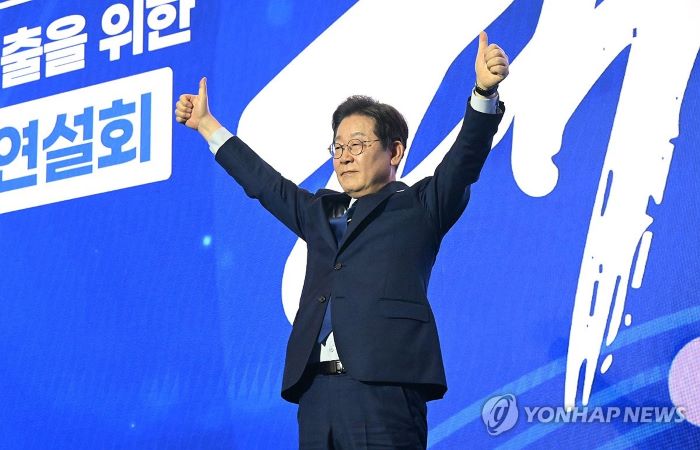On June 3, 2025, Lee Jae-myung of the Democratic Party of Korea was elected as the 21st President of South Korea. The AsiaN is publishing the hopes and expectations of Koreans for the new president and administration in both Korean and English editions. We welcome the interest, feedback, and constructive criticism of our readers.
The AsiaN Editorial Team

By Jong-eun Lee,
Assistant Professor of Political Science at North Greenville University
SEOUL: South Korea’s 21st Presidential Election: Hopes for the New President
A phrase often heard during U.S. presidential campaigns is, “This is the most consequential election.” In truth, every election in a democratic country is consequential. Its outcomes shape political structures, societal trends, and even global affairs. What if Barack Obama had never been elected? What if Donald Trump had not won—or had won re-election? American politics and international dynamics would likely have unfolded in very different ways.
On June 3, 2025, South Korea held an early presidential election. This election could mark the end of the political turbulence triggered by the imposition and subsequent lifting of emergency martial law six months ago—or it could be the beginning of a new phase of political uncertainty. Either way, the leadership and direction chosen by the new president will have a profound impact on the country’s future political landscape.
Former Gyeonggi Governor Lee Jae-myung, who narrowly lost the 2022 election, has emerged victorious this time. The Lee administration now faces a host of urgent tasks, including restoring political stability in the aftermath of the presidential impeachment and recalibrating diplomatic relations with the United States under a second Trump presidency. With the ruling party securing a majority in the National Assembly, the new administration enjoys a favorable environment for swift policy implementation. I hope President Lee will exercise his given authority with a strong sense of responsibility and navigate these complex challenges with integrity and resolve. The following are three key expectations for his administration.
First, establish clear policy priorities quickly.
A president’s political capital is limited and tends to deplete with every major policy push. It is practically impossible to resolve all pending national issues within a single term. Whether it’s pension reform or AI-driven industrial innovation, there will be differing opinions on what deserves top priority. Still, the president must make firm decisions and focus on a few core areas to deliver tangible results. In particular, he should carefully weigh the scope and method of addressing past government misconduct, taking into account the potential political costs and social energy such processes may consume.
Second, demonstrate political commitment to checks and balances.
While a ruling-party majority allows for faster legislative action, it also raises concerns about potential overreach. Even as discussions about constitutional reform and a more balanced presidential system proceed, the administration and the ruling party should proactively respect and reinforce institutional checks from opposition parties, oversight bodies, the press, and the judiciary. For example, allowing the opposition to chair the National Assembly’s Legislation and Judiciary Committee or ensuring their filibuster rights can mitigate fears of legislative monopoly. Although such measures may slow down lawmaking in the short term, they ultimately strengthen democratic legitimacy—what we might call “a small loss for a greater gain.”
Third, pursue diplomacy that balances pragmatism and credibility
During the presidential campaign, Lee Jae-myung has proposed “pragmatic, national interest-based” foreign policy. While reaffirming the importance of the U.S.-ROK alliance and relations with Japan, he has also emphasized the need to improve ties with China, North Korea, and Russia—nations currently at odds with the West. This approach could reduce tensions in Northeast Asia and help South Korea navigate regional challenges with greater autonomy. However, such policies may risk diplomatic ambiguity and weaken international credibility. Since President Lee has already expressed support for a robust alliance with the U.S., his foreign policy should reflect “pragmatism within alignment.” Solidifying trilateral cooperation with the U.S. and Japan—and expanding partnerships with Australia and Europe—will lend greater credibility and strategic weight to any outreach to North Korea, China, or Russia.




